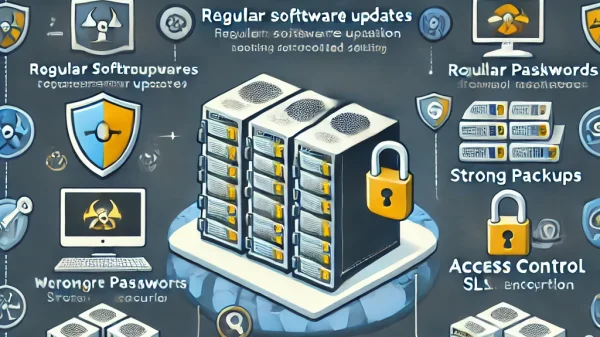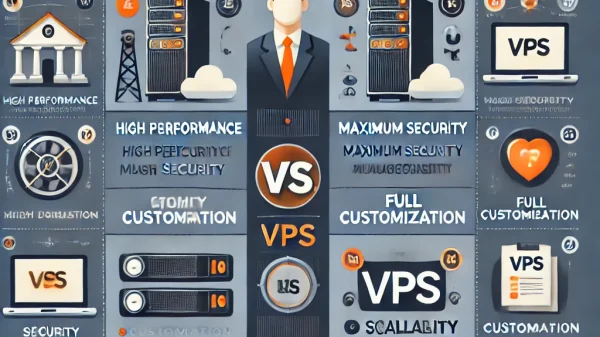Choosing the right web hosting provider is crucial for the success of your website. With so many options available, it can be challenging to determine which hosting service best suits your needs. Whether you are launching a blog, an e-commerce store, or a business website, selecting a reliable hosting provider is essential for performance, security, and user experience.
Here are the top 10 features to look for when choosing a web hosting provider:
| Feature | Description |
|---|---|
| Uptime Guarantee | Ensures website availability with a 99.9% uptime guarantee. |
| Speed & Performance | Fast server response times, SSD storage, and CDN integration. |
| Scalability | Ability to upgrade hosting plans as traffic and needs grow. |
| Security Features | Includes SSL, malware protection, backups, and DDoS security. |
| 24/7 Customer Support | Live chat, phone, and email support for technical issues. |
| User-Friendly Control Panel | cPanel or custom dashboard for easy website management. |
| Bandwidth & Storage | Sufficient resources for traffic, file hosting, and media content. |
| Backup Options | Automated daily or weekly backups for disaster recovery. |
| Pricing & Renewal Costs | Transparent pricing with reasonable renewal rates. |
| Extra Features | Free domain, staging environments, and additional tools. |
1. Uptime Guarantee (Reliability)
One of the most critical factors in web hosting is uptime. Uptime refers to the percentage of time your website is online and accessible to users. A good hosting provider should offer at least a 99.9% uptime guarantee, ensuring that your website remains available with minimal downtime.
2. Speed and Performance
Website speed plays a vital role in user experience and SEO rankings. Look for a hosting provider that offers fast server response times, SSD storage, and CDN (Content Delivery Network) integration to enhance loading speeds. A slow website can drive visitors away and impact your search engine rankings.
3. Scalability and Hosting Plans
Your hosting provider should be able to accommodate your website’s growth. Whether you start with shared hosting and later upgrade to VPS or dedicated hosting, ensure that the provider offers seamless scaling options to meet increasing traffic demands.
4. Security Features
Cybersecurity threats are on the rise, making security an essential consideration. Look for providers that offer SSL certificates, malware scanning, automatic backups, firewalls, and DDoS protection to keep your website secure from hackers and cyber threats.
5. Customer Support
Reliable customer support is crucial when technical issues arise. Choose a provider that offers 24/7 support via live chat, phone, and email so you can get assistance whenever needed. Responsive and knowledgeable support can save you from unnecessary downtime.
6. User-Friendly Control Panel
Managing your website should be easy. Look for a hosting provider that offers an intuitive control panel like cPanel or a custom dashboard that allows you to manage domains, databases, email accounts, and settings effortlessly.
7. Bandwidth and Storage
Your hosting plan should offer adequate bandwidth and storage based on your website’s needs. If your site handles large files, videos, or high traffic, ensure your provider offers sufficient resources to avoid limitations.
8. Backup Options
Website data loss can happen due to hacking, accidental deletion, or server failures. A reliable hosting provider should offer automated backups with the ability to restore your site quickly in case of data loss.
9. Pricing and Renewal Costs
Hosting costs can vary significantly. While many providers offer low introductory rates, renewal prices may be higher. Compare pricing, features, and renewal fees to ensure you’re getting a good deal without hidden costs.
10. Extra Features and Add-ons
Some hosting providers offer additional perks, such as free domain registration, website builders, staging environments, or marketing tools. Check for added features that can provide extra value to your hosting plan.
Final Thoughts
Choosing the right web hosting provider involves evaluating key features such as uptime, speed, security, customer support, and scalability. By considering these factors, you can select a hosting service that meets your needs and ensures a smooth online experience for your visitors.














